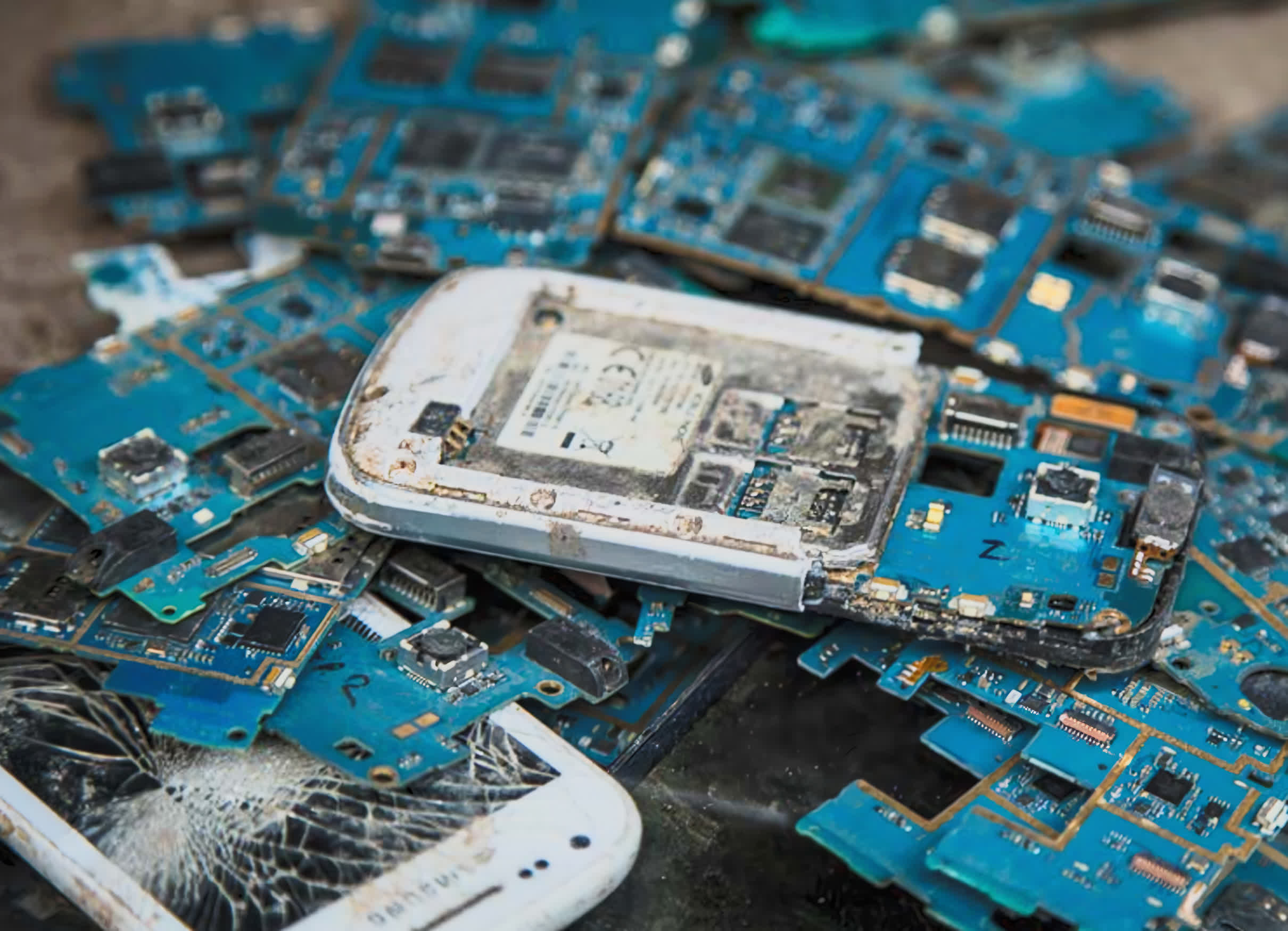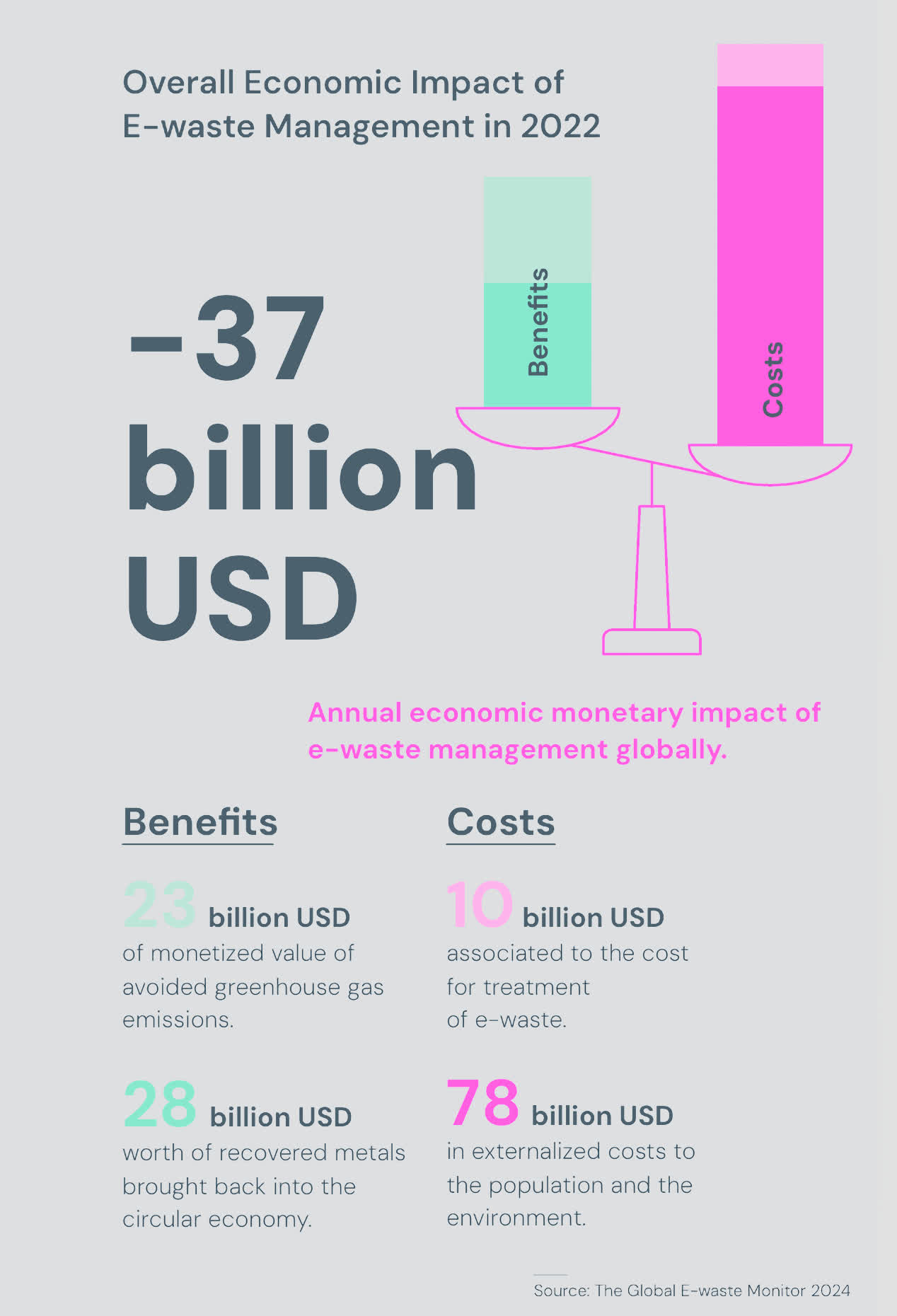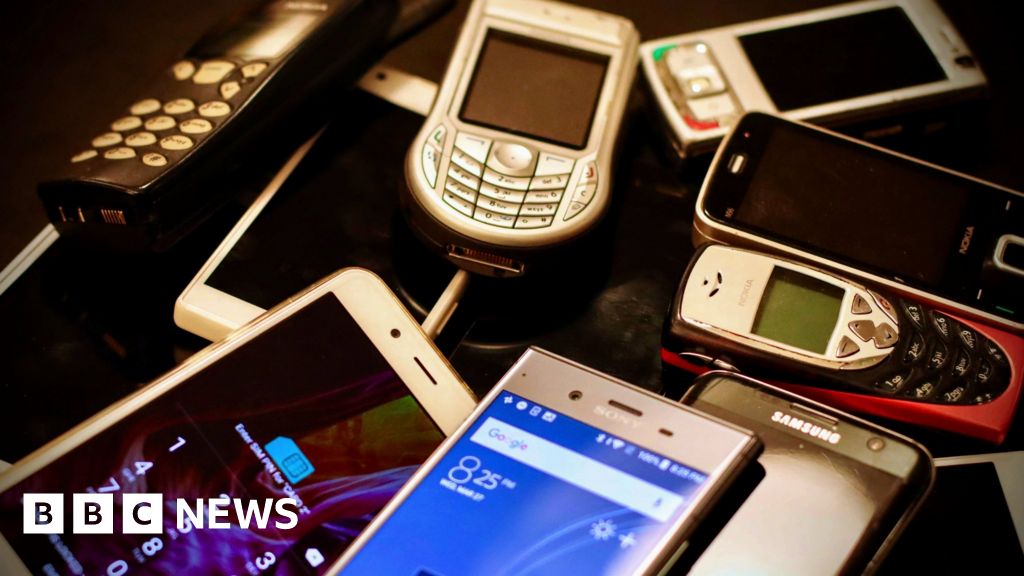In a nutshell: Electronic devices have never been more pervasive in society than they are today. That means we're creating a lot of electronic waste. According to the UN, the rate at which it's being generated is five times faster than we're recycling it using documented methods.
The 2024 Global E-waste Monitor report by the UN's International Telecommunication Union (ITU) and the UN Institute for Training and Research (UNITAR) warns that the annual generation of e-waste is growing at a rate of 2.6 million metric tons per year.
E-waste is defined as discarded devices with a plug or battery, such as phones, TVs, and laptops. It doesn't include waste from electric vehicles.
Also read: Sustainable Computing, Explained
The report states that 62 million metric tons of e-waste was produced in 2022, enough to fill 1.55 million trucks with a 40-ton capacity. By 2030, the amount of e-waste produced in one year is predicted to hit 82 million tons.
What's especially concerning is that of the 62 million tons of e-waste generated in 2022, just 13.8 million tons, or 22.3%, were formally documented, collected, and properly recycled. That figure is expected to fall to just 20% by the end of the decade due to technology advances, limited repair options, shorter product life cycles, growing electronification, and inadequate e-waste management infrastructure.
E-waste creation and recycling rates vary across the world. Europe creates the most at 17.6kg (38.8 pounds) per capita while in the Americas it's 14.1kg. However, Europe's formal collection and recycling rate is 42.8% while it's 41.4% in Oceania, 30% in the Americas, 11.8% in Asia, and just 0.7% in Africa.
"The latest research shows that the global challenge posed by e-waste is only going to grow. With less than half of the world implementing and enforcing approaches to manage the problem, this raises the alarm for sound regulations to increase collection and recycling," said Cosmas Luckyson Zavazava, director of ITU's Telecommunication Development Bureau.
This amount of e-waste isn't just impacting the environment. The report states that the net annual economic monetary cost of e-waste is $37 billion. Unless improvements are made to e-waste management and policies, it's expected to hit $40 billion by 2030.
Tech giants such as Apple and Samsung have been more supportive of the right-to-repair movement in recent times, helping reduce e-waste, but there's still a long way to go when it comes to improving current recycling processes.
https://www.techspot.com/news/102363-e-waste-growing-five-times-rate-recycling-un.html


